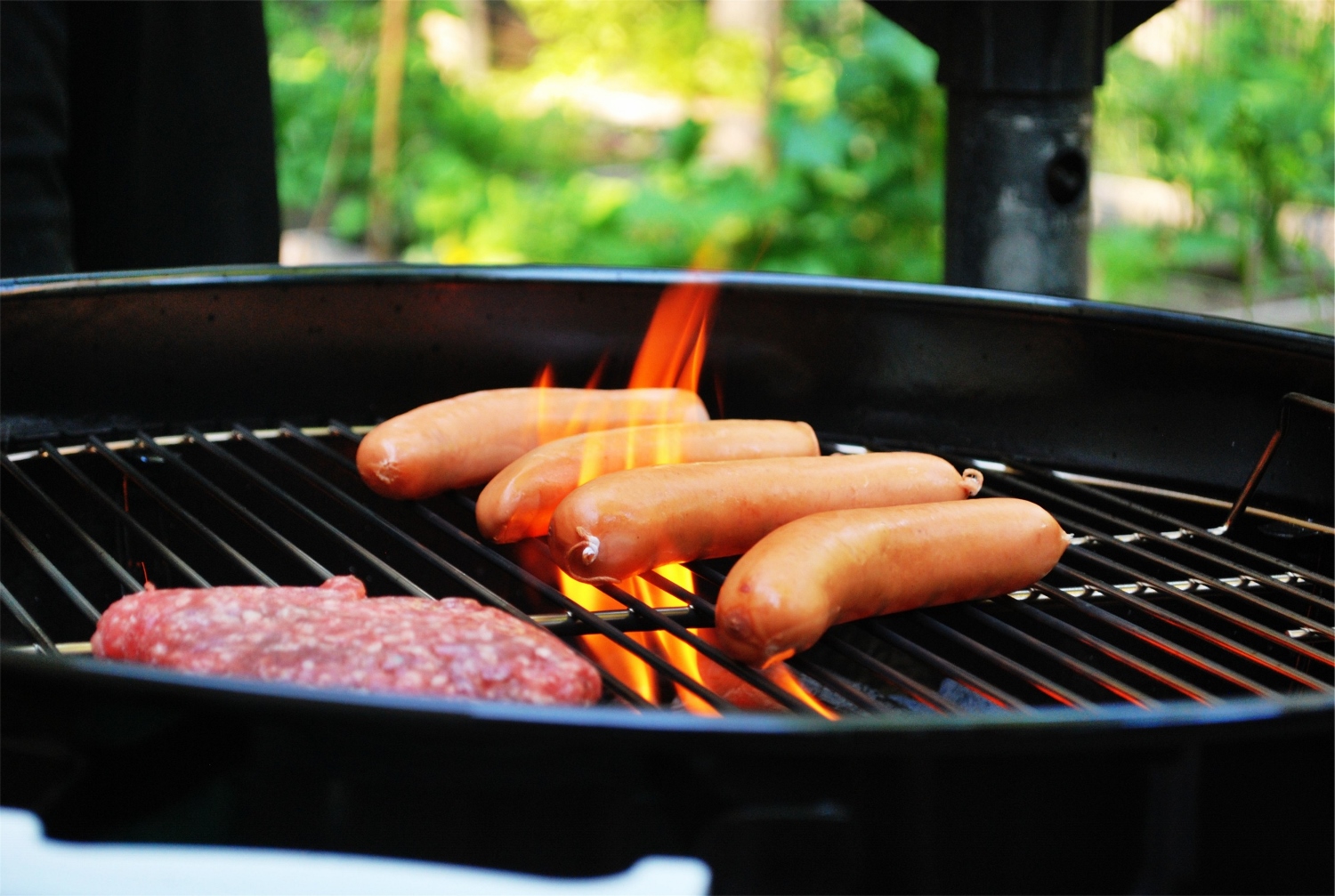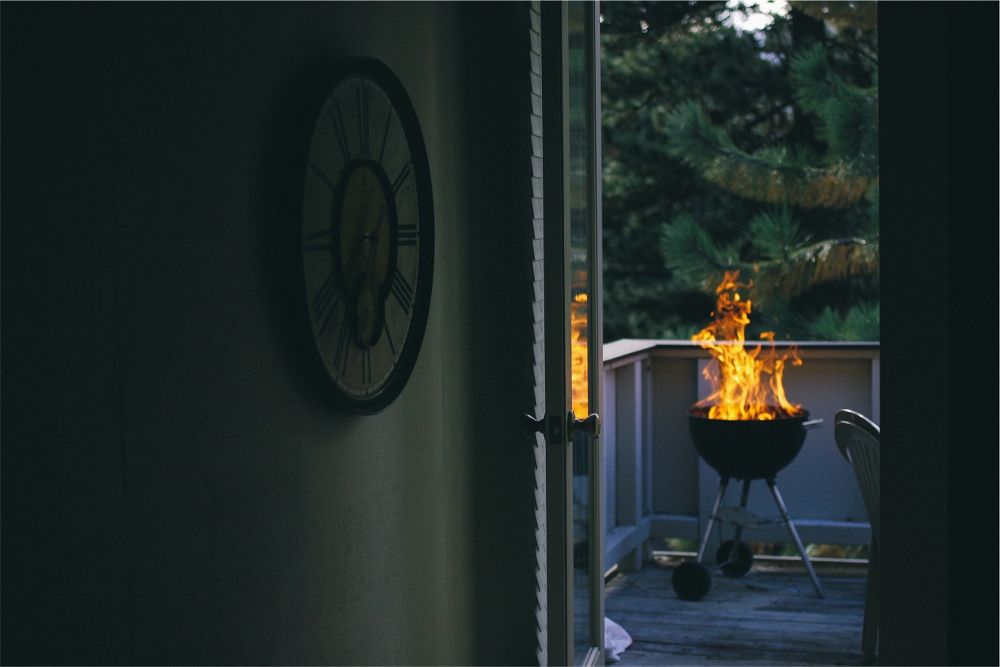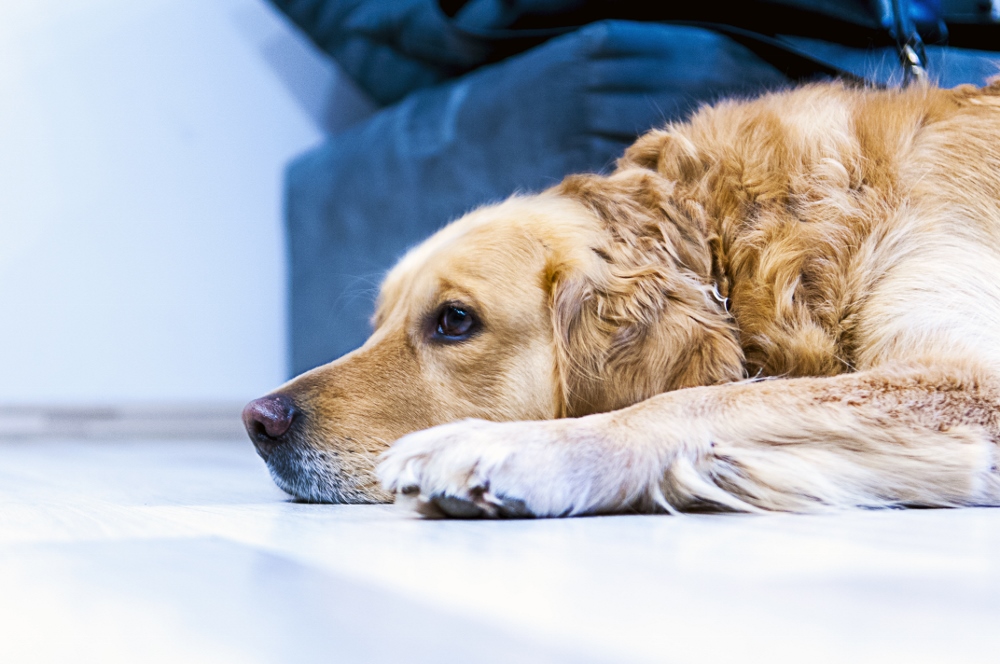Fall Back into Safe Running Habits
Running and Thanksgiving are two things that aren’t easy to put together, but it’s somewhat necessary. When we have the holidays coming up, and we just know that we’re going to feast on the holidays, running becomes a part of our everyday routines. This may come at some inconvenient times due to the family events that we‘re all planning, the cold weather, rain/snow, and the shorter days. I agree that it’s hard to leave the comfort of your warm, cozy home to go out and run in the rain and freezing temps but for those of us who ARE doing that on the daily, here’s what you need to know.
November is National Running Safety Month and I know some people don’t think this is even a concern. So we’ve put together a brief blog to explain the hazards of running this time of year and some quick ways we can combat this to make it a safe place for all runners.
A huge concern right now is the shorter days. For those of us who work 8am-5pm, it’s dark in the mornings before work and its dark almost immediately when we get out of work. On top of that, we also have rain and snow more often than not, so you’ll have that on top of the darkness. So if you’re lucky, you can run on your lunch break, otherwise, we need to come up with a more creative solution.
If you’re going to be running in the dark, you’ll need to wear brightly colored clothing. This is both easy and necessary. Purchase some neon yellow clothing and make that your running gear. I would recommend also wear a head lamp and a light up running vest. These are light weight and will make it easier for you to see and be seen by other people and drivers. You should also take your phone and ID and be sure to run against traffic.
Someone may also want to consider carrying a mace or pepperspray. This time of year the running trails are less busy and makes us more susceptible to danger. Keep your pepperspray somewhere easy and quick to reach. Some other things to consider would be a whistle or a self-defense ring.
The cold weather is going to make your body hurt. Be sure to set aside plenty of time for a warm up stretch (just some easy, light stretching) and then a good long, heavy stretch after your run. You need your muscles and joints strong and healthy for this time of year. Also, make sure your shoes have good grip for snowy and icy days! Not only are the cars dangerous in the winter elements but you could be a danger to yourself. You’ll want to keep your phone charged and on your person everytime you run in case you slip and hurt yourself.
With all of that being said, we want to wish you happy running and remind you to stay safe!
Employee Spotlight:
Congratulations to two of our employees, George Graham and Shad Breimayer, on their work anniversaries this month! George is finishing up his first year with Alliance and Shad is completing his 8th year. Both are such a delight to work with and we couldn’t be more grateful. A big congrats to both of them!





 Many people walk around under the illusion that they don’t need insurance. Unfortunately, this illusion is a dangerous mirage that can create a perilous financial future for those who buy into it. In order to show you just how necessary insurance is for every individual, let’s talk about vampires.
Many people walk around under the illusion that they don’t need insurance. Unfortunately, this illusion is a dangerous mirage that can create a perilous financial future for those who buy into it. In order to show you just how necessary insurance is for every individual, let’s talk about vampires.


 sure we’re being safe and keeping an eye out for mischievous behavior. For everyone’s safety, we’ve included a list of 13 safety tips for the big night!
sure we’re being safe and keeping an eye out for mischievous behavior. For everyone’s safety, we’ve included a list of 13 safety tips for the big night! 8. Feed your children a big nutritious meal prior to trick-or-treating! This will keep their bellies full and make it less likely that they’ll try to eat all of their candy that night. It’s important to spread out the candy throughout the next couple days or weeks. If they eat too much sugar within a small period of time, they’ll get stomach aches and potentially be sick. They’ll also be outside in the cold weather and candy shuts down the immune system, making it easy for them to catch a cold or the flu.
8. Feed your children a big nutritious meal prior to trick-or-treating! This will keep their bellies full and make it less likely that they’ll try to eat all of their candy that night. It’s important to spread out the candy throughout the next couple days or weeks. If they eat too much sugar within a small period of time, they’ll get stomach aches and potentially be sick. They’ll also be outside in the cold weather and candy shuts down the immune system, making it easy for them to catch a cold or the flu. 



 An Extra Hour of Sleep… An Extra Hour to Organize
An Extra Hour of Sleep… An Extra Hour to Organize  Whether it’s for the holiday weekend or just another gorgeous day in Michigan, nothing says summer like the smell of grilling wafting through the neighborhood. It’s one of our favorite parts of summer and a great way to gather the family together to savor the long, hot days. Unfortunately, when folks gather around the grill this summer, risk factors also increase.
Whether it’s for the holiday weekend or just another gorgeous day in Michigan, nothing says summer like the smell of grilling wafting through the neighborhood. It’s one of our favorite parts of summer and a great way to gather the family together to savor the long, hot days. Unfortunately, when folks gather around the grill this summer, risk factors also increase.
 We all love our furry friends. And while we wouldn’t dream of leaving them behind when we move, our pets can make getting a new apartment or rental much more complicated. Paying extra fees and pet rent can add up quickly. And let’s face it, there are reasons for those fees. Between hair, “accidents”, curiosity, and cooped up energy, our dogs can get into some sticky situations – and cause some major damage. How can you avoid losing your deposit without sacrificing your furry family?
We all love our furry friends. And while we wouldn’t dream of leaving them behind when we move, our pets can make getting a new apartment or rental much more complicated. Paying extra fees and pet rent can add up quickly. And let’s face it, there are reasons for those fees. Between hair, “accidents”, curiosity, and cooped up energy, our dogs can get into some sticky situations – and cause some major damage. How can you avoid losing your deposit without sacrificing your furry family?
 College is expensive enough without the added cost of unexpected accidents or theft, and it’s stressful enough without the extra worry of whether they are covered by your insurance policy. If you have a student heading away to school, below are a few tips to help you get the most out of your coverage.
College is expensive enough without the added cost of unexpected accidents or theft, and it’s stressful enough without the extra worry of whether they are covered by your insurance policy. If you have a student heading away to school, below are a few tips to help you get the most out of your coverage.
























